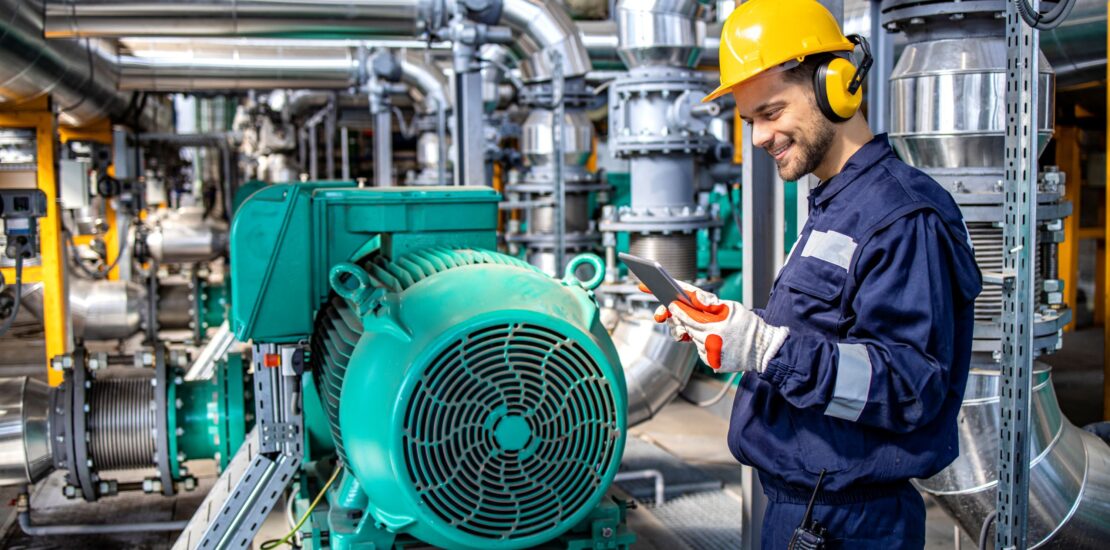Understanding Instrumentation Services: Precision, Reliability, and IPAC’s Expertise
- January 31, 2024
- Posted by: Waman Sanap
- Category: Knowledge Hub

Table of Contents:
- Introduction
- Understanding Field Instrumention services
- Essential Components of Field Instruments
- IPAC’s Expertise in Field Instrumentation
- The Impact of Field Instruments
- Conclusion
Introduction:
In industrial processes, where precision and reliability are paramount, field instruments play a pivotal role. These unassuming devices are the silent architects of real-time data collection, monitoring, and control across diverse industries. Today, let’s delve into the world of field instruments, understanding their significance, and how IPAC Automation brings a touch of excellence to this critical aspect of industrial operations.
Understanding Field Instrumentation services:
Field instruments are the backbone of industrial control systems, meticulously designed to measure, monitor, and control various physical parameters in real-time. What sets them apart is their ability to endure the rigors of challenging environmental conditions, ensuring seamless functionality even in the harshest settings.
Essential Components of Field Instruments and Instrumentation services:
- Sensors:
– Sensors are the eyes and ears of industrial processes, capturing data on parameters like pressure, temperature, flow, and more.
- Transmitters:
– Transmitters play a crucial role in relaying information from sensors to the control systems, facilitating the transmission of real-time data.
- Actuators:
– Actuators are the muscle behind the operation, translating control signals into physical action, influencing processes such as valve control.
- Pressure Gauges:
– Pressure gauges provide a visual representation of pressure levels, offering a quick and accessible means of monitoring.
- Temperature Probes:
– Temperature probes ensure accurate temperature measurements, vital for processes where temperature control is critical.
- Flow Meters:
– Flow meters are essential for measuring the rate of fluid flow within pipelines, aiding in efficient process control.
- Level Sensors:
– Level sensors monitor and maintain the levels of liquids or solids, preventing overflows or shortages in industrial tanks or vessels.
- Analyzers:
– Analyzers are instrumental in examining the composition of substances, providing valuable insights for quality control and regulatory compliance.
IPAC’s Expertise in Field Instrumentation:
At IPAC Automation, we recognize the pivotal role that field instruments play in the industrial landscape. Our expertise lies not just in understanding these Instrumentation services but in elevating their functionality to meet the unique needs of each industry we serve.
- Precision in Design:
– IPAC ensures that every field instrument is designed with precision, aligning with the specific parameters and conditions of the industrial environment.
- Custom Solutions:
– Recognizing that one size does not fit all, IPAC specializes in creating custom solutions tailored to the distinct requirements of each client.
- Endurance in Harsh Environments:
– Industrial settings can be unforgiving, but IPAC’s field instruments are crafted to endure and excel in challenging conditions, ensuring uninterrupted operations.
- Integration with Control Systems:
– Our field instruments seamlessly integrate with control systems, forming a cohesive and efficient network that empowers industries to optimize their processes.
The Impact of Field Instruments:
In the grand symphony of industrial operations, field instruments and Instrumentation services are the maestros conducting precision and control. They are the silent architects, and at IPAC Automation, we take pride in being the orchestrators of excellence in field instrumentation services.
Conclusion:
In the realm of industrial processes, where accuracy is currency and reliability is king, field instruments stand as stalwart guardians. IPAC Automation’s commitment to precision and customized solutions ensures that these unassuming devices play a pivotal role in elevating industrial operations to new heights. With IPAC, the symphony of field instruments becomes a harmonious melody of efficiency and control.
FAQs:
- What are field instruments, and why are they important in industrial processes?
– Field instruments are devices crucial for measuring, monitoring, and controlling physical parameters in real-time within industrial settings. Their importance lies in providing accurate data for process optimization.
- How do field instruments differ from regular instruments?
– Field instruments are designed to withstand harsh environmental conditions, setting them apart from regular instruments. They are tailored for use in challenging industrial environments.
- What types of field instruments are commonly used in industries?
– Common types of field instruments include sensors, transmitters, actuators, pressure gauges, temperature probes, flow meters, level sensors, and analyzers.
- Why is endurance in harsh environments essential for field instruments?
– Field instruments and Instrumentation services operate in demanding industrial conditions. Endurance ensures their reliability and functionality despite exposure to challenging environments.
- How does IPAC ensure precision in the design of field instruments?
– IPAC focuses on precision by designing field instruments, providing Instrumentation services, that align with the specific parameters and conditions of each industrial environment, ensuring accurate and reliable performance.
- Why is customization important in field instrumentation solutions?
– Industries have unique Instrumentation services requirements. Customized solutions by IPAC ensure that field instruments are tailored to meet the distinct needs of each client, providing efficient and effective solutions.
- What is the significance of field instrument integration with control systems?
– Integration ensures seamless communication between field instruments and control systems, creating an efficient network that optimizes industrial processes.
- How do field instruments contribute to process optimization in industries?
– Field instruments provide real-time data, allowing industries to monitor and control physical parameters, leading to optimized processes, increased efficiency, and reduced errors.
- How does IPAC handle the challenges of harsh industrial environments in its field instruments?
– IPAC addresses challenges by crafting field instruments specifically designed to endure and excel in harsh conditions, ensuring uninterrupted operations in industrial settings.
- What impact do field instruments have on the efficiency and control of industrial operations?
– Field instruments, when expertly designed and implemented, act as maestros in orchestrating precision and control in industrial processes, contributing to increased efficiency and operational excellence.

Waman Sanap is the CEO of iPAC Automation, a leading instrumentation and control automation company. He has 20+ years of experience in the instrumentation engineering field.
